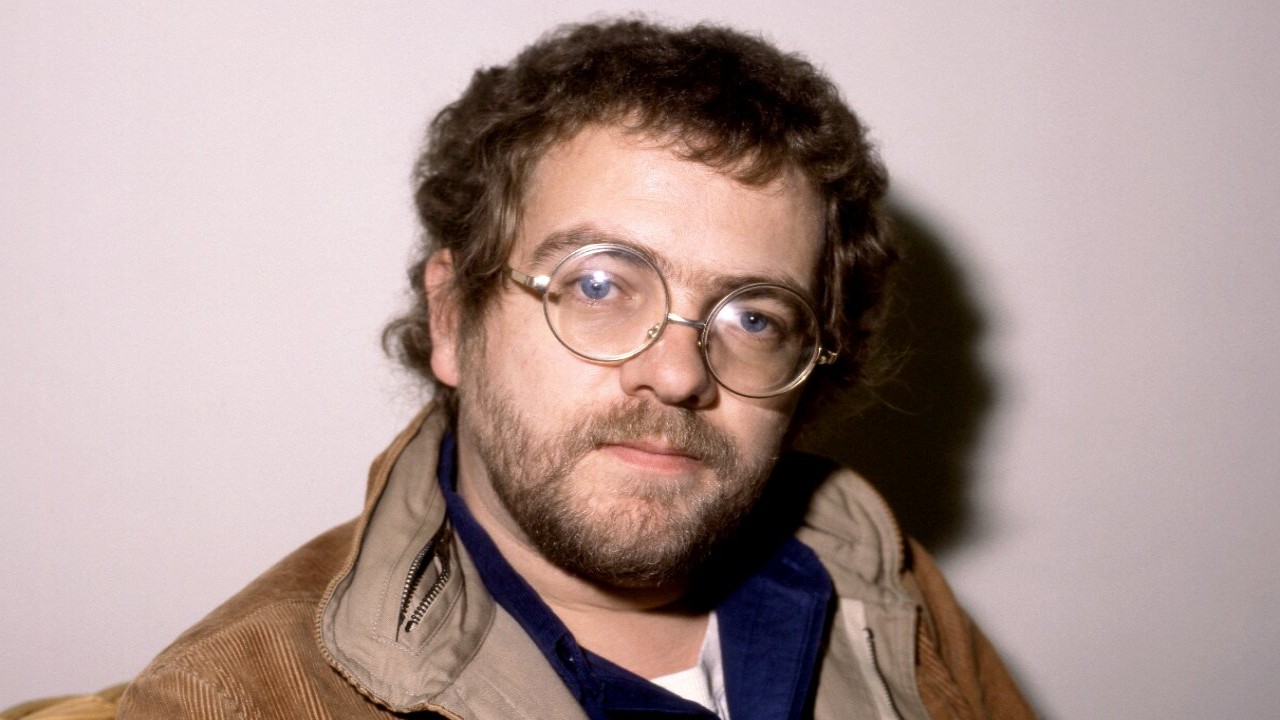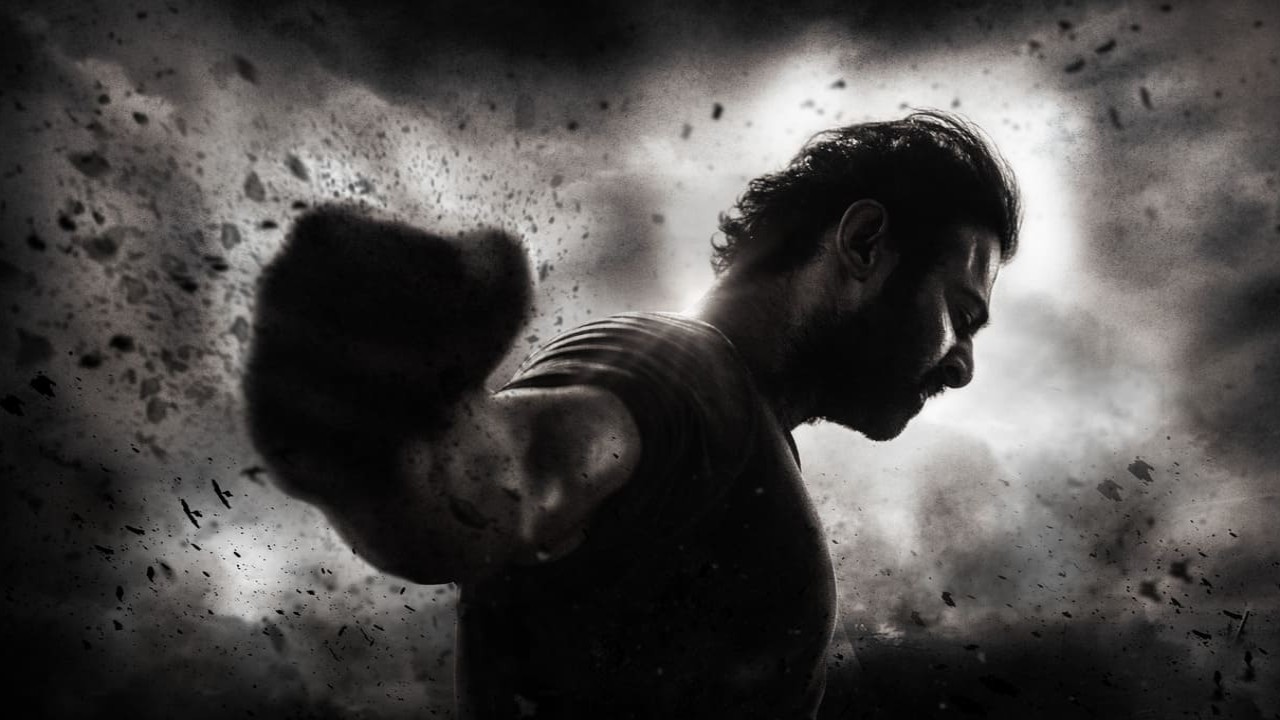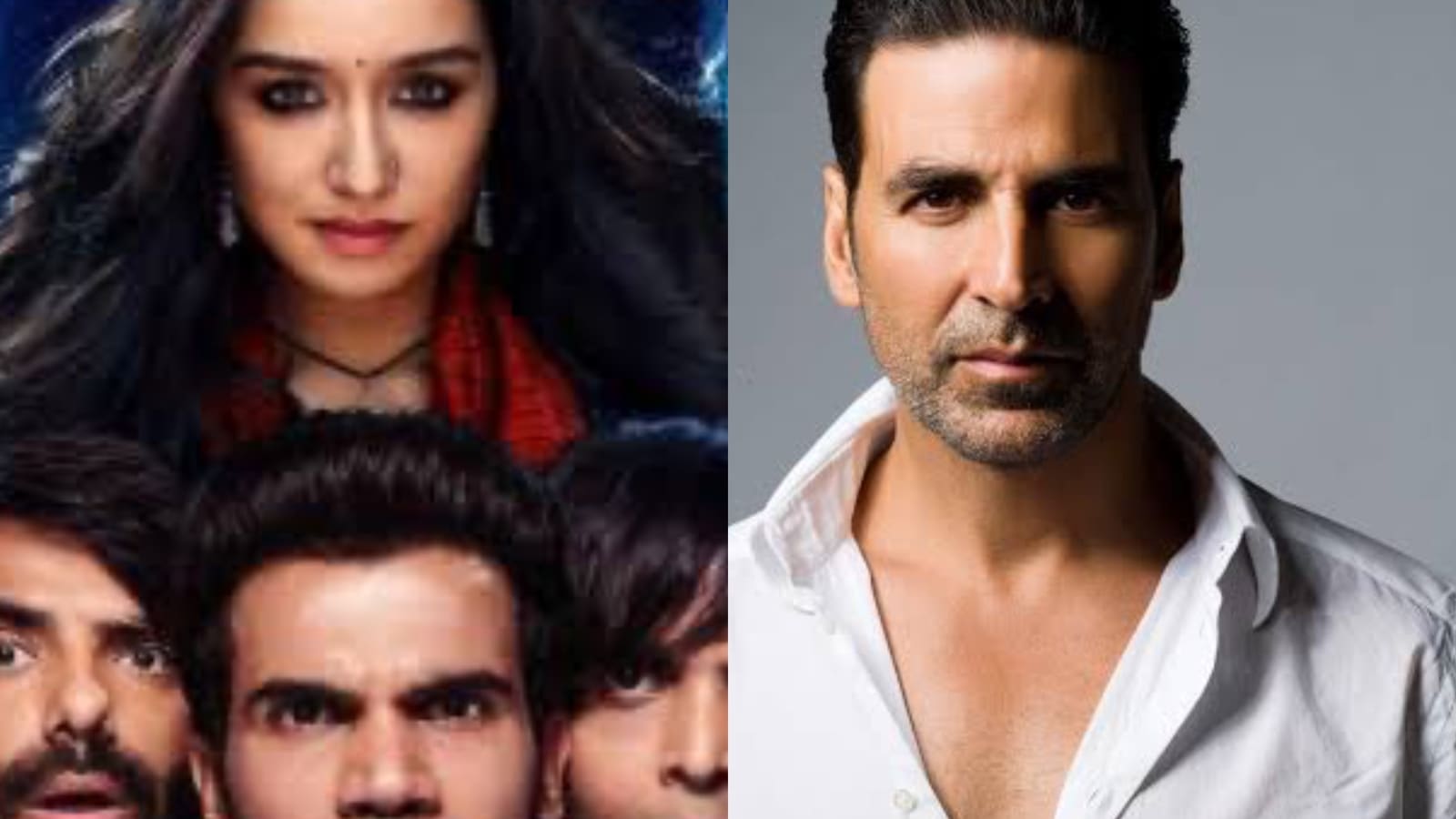Michael Oher v. Tuohy Family: A Contested Narrative of Adoption and Exploitation
Retired NFL star Michael Oher has launched a legal challenge against the Tuohy family, central figures in the 2009 film The Blind Side. Oher alleges that the narrative portrayed in the film, which depicts his supposed adoption by the Tuohys, is a fabrication designed to enrich the family at his expense.
The legal battle stems from a petition filed by Oher in Shelby County, Tennessee, probate court. The petition asserts that Oher was brought into the Tuohy home during his high school years by Sean and Leigh Anne Tuohy, but never formally adopted.
Three months after Oher's 18th birthday in 2004, the Tuohys allegedly coerced him into signing a document granting them conservatorship, giving them authority over his business affairs.
The petition further contends that the Tuohys exploited their conservatorship status to secure a lucrative deal for the film The Blind Side. The film grossed over $300 million, reportedly earning the Tuohys and their two biological children millions in royalties. Oher, however, received nothing despite the story being centered around his life.
Despite the financial success of the film, the Tuohys allegedly continued to present Oher as their adopted son, using this narrative to advance their foundation and Leigh Anne Tuohy's career as an author and motivational speaker.
Oher's petition states, The lie of Michael's adoption is one upon which Co-Conservators Leigh Anne Tuohy and Sean Tuohy have enriched themselves at the expense of their Ward, the undersigned Michael Oher.
The petition seeks to terminate the Tuohys' conservatorship, prohibit them from using Oher's name and likeness, and demand a full accounting of the profits they have earned from his story, including compensatory and punitive damages.
The Tuohy family has not yet publicly responded to the allegations, but their attorney, Steve Farese, has indicated a legal response is forthcoming. Sean Tuohy has expressed surprise over Oher's claims, stating that the family did not profit from the film, only from Michael Lewis's book on which it was based.
Oher's petition highlights several key distinctions between adoption and conservatorship. As an adopted member of the Tuohy family, Oher would have legal rights and control over his finances. The conservatorship, however, transferred that control to the Tuohys despite Oher's status as a legal adult without any known disabilities.
The petition also alleges that shortly after the publication of Lewis's book in 2006, the Tuohys began negotiating a movie deal about their relationship with Oher. The movie reportedly paid the Tuohys and their children $225,000 each plus 2.5% of the film's net proceeds.
Oher claims he signed a separate 2007 contract transferring his life rights to 20th Century Fox without any compensation. He alleges that he has no memory of signing the contract and that no one explained its implications to him.
Notably, all four Tuohy family members were represented by the same agent at Creative Artists Agency, while Oher's agent, Debra Branan, was a close family friend and the same lawyer who filed the conservatorship petition.
The Tuohys have previously denied profiting significantly from the movie, claiming they received a flat fee that was shared with Oher. However, Oher contends that he never received any money from the film, despite his suspicions that others were benefiting financially.
Oher's deteriorating relationship with the Tuohys began when he realized the film's portrayal of him as unintelligent was negatively impacting his NFL career. People look at me, and they take things away from me because of a movie, Oher told ESPN in 2015. They don't really see the skills and the kind of player I am.
Despite the controversy, the Tuohys have maintained that Oher had the potential to succeed independently. If there is a fundamental misapprehension about Michael, it's that he needed saving, they wrote in their book.
Oher's petition challenges the inspirational narrative created by The Blind Side, arguing that while it brought some positive attention, it also inflicted deep personal pain and misrepresented his true story. There has been so much created from The Blind Side that I am grateful for, which is why you might find it a shock that the experience surrounding the story has also been a large source of some of my deepest hurt and pain over the past 14 years, Oher wrote in his recent book.
As Oher seeks justice through the courts, his case serves as a poignant reminder of the complexities and potential pitfalls involved in high-profile, inspirational stories, and the importance of ensuring that the interests of those involved are protected.




